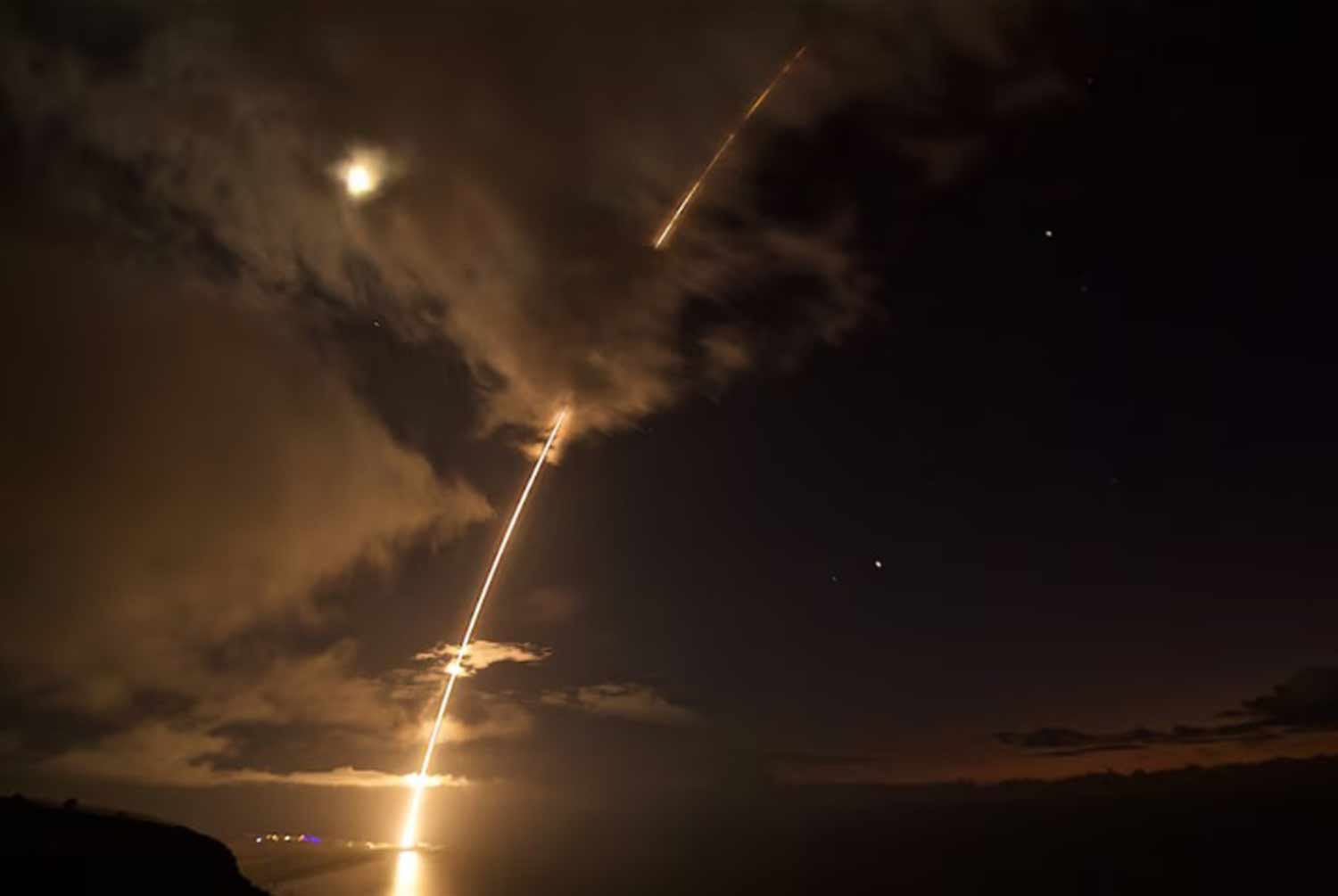Hungarian Prime Minister Viktor Orban expressed concerns on Friday regarding the European Union‘s trajectory towards an “economic cold war” with China, as EU leaders prepared for a crucial vote on imposing tariffs on imports of Chinese electric vehicles (EVs).
On this day, EU member states were set to decide whether to implement tariffs of up to 45% on Chinese-made EVs for the next five years, marking a significant trade case that could provoke retaliation from Beijing.
Under Orban’s leadership, Hungary has established itself as a key trade and investment ally of China, contrasting with other EU countries that are looking to reduce their reliance on the second-largest economy in the world.
In an interview with state radio, Orban remarked, “What the EU is pushing us towards is an economic cold war,” in reference to the proposed tariffs on Chinese imports. Additionally, data released earlier on Friday indicated that Hungary’s industrial output had declined by a more significant-than-expected 9.5% in August, a downturn attributed to the sluggish performance of the German economy, which accounts for approximately 25% of Hungary’s exports.
Orban, who has led efforts in Central Europe to attract Chinese electric vehicle and battery manufacturing facilities to Hungary, expressed that his landlocked nation aims to avoid being caught in the middle of competing blocs and intends to maintain trade relations with both sides. He noted that selling products manufactured in the EU could become increasingly challenging if the global economy divides into two factions, and he questioned whether Hungary’s approach of “economic neutrality” would endure over time.
CHINESE INVESTMENTS
Among the largest Chinese investors in Hungary, CATL is constructing a battery plant in Debrecen with an investment of 7.3 billion euros ($8.05 billion). Additionally, Chinese electric vehicle manufacturer BYD announced last year its plans to establish its first European facility in Szeged, located in the southern part of the country. Last month, Orban reported that Chinese companies have committed to investments totaling 9 billion euros in Hungary, placing them on equal footing with American firms, which have criticized Orban’s strategy of strengthening ties with China.
U.S. Ambassador to Hungary David Pressman remarked in June, “Engaging in business with China involves certain conditions, and the cost is frequently borne in terms of sovereignty. It is clear that Hungary cannot maintain a dual approach indefinitely.” Amid concerns from Brussels regarding Hungary’s adherence to the rule of law, which has led to the suspension of billions of euros in EU funding, Budapest secured a loan of 1 billion euros from Chinese banks in April to support infrastructure and energy initiatives, although the specifics of the agreement remain undisclosed.
Discover more from Defence Talks | Defense News Hub, Military Updates, Security Insights
Subscribe to get the latest posts sent to your email.





